Who is DeepMind co-founder Mustafa Suleyman and why has he joined Microsoft?
Mustafa Suleyman co-founded DeepMind and most recently served as CEO at Inflection AI - his next move will see the "visionary" founder lead Microsoft's consumer AI division
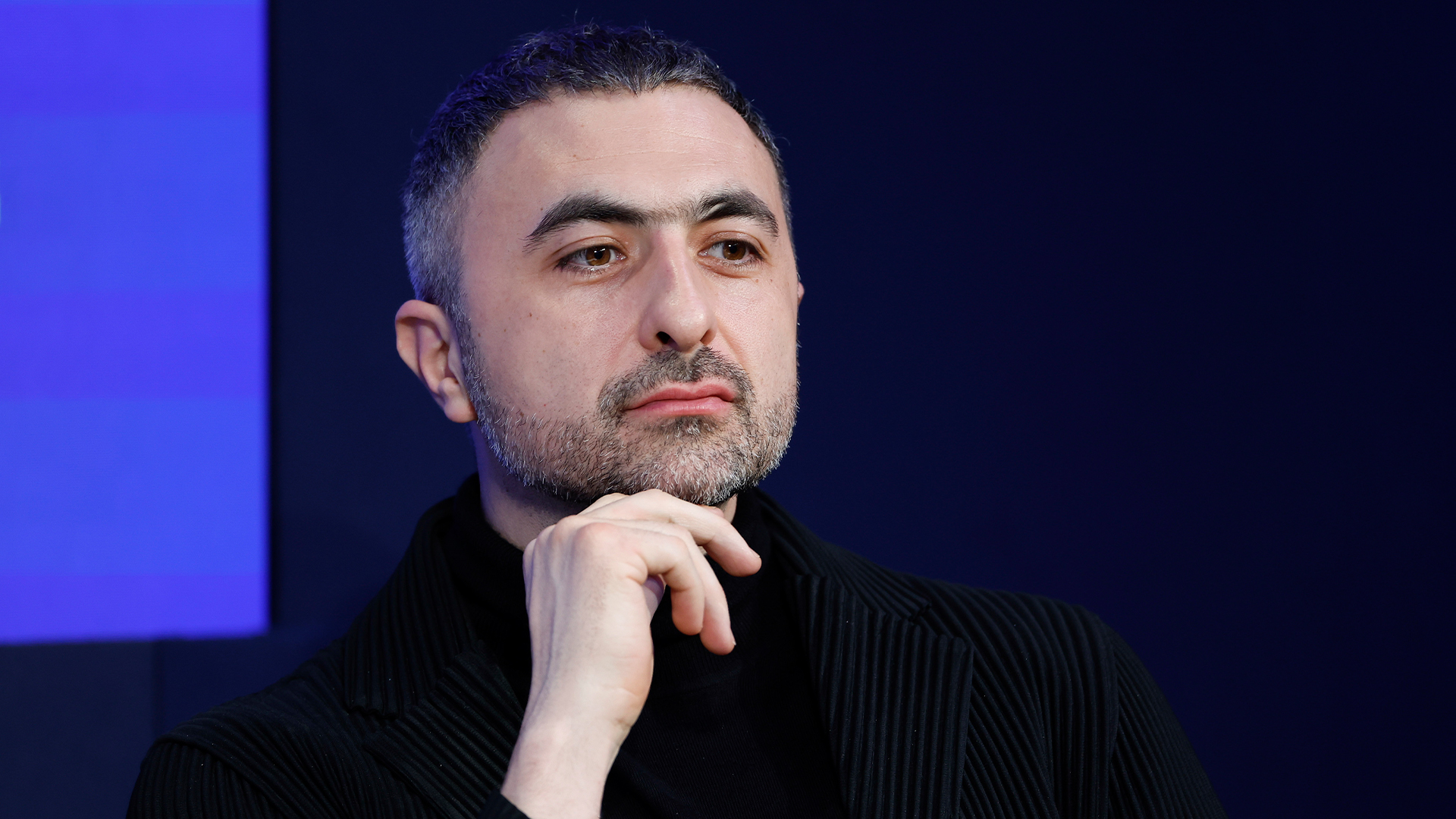

Microsoft has hired DeepMind co-founder Mustafa Suleyman as head of its consumer AI division.
Suleyman, one of the biggest names in AI, will be CEO of Microsoft AI, and joins the senior leadership team reporting directly to Microsoft chief executive Satya Nadella.
The appointment, which marks a major coup for Microsoft in the ongoing generative AI race, will see him lead research on AI products spanning its Copilot, Bing, and Edge offerings.
“I’ve known Mustafa for several years and have greatly admired him as a founder of both DeepMind and Inflection, and as a visionary, product maker, and builder of pioneering teams that go after bold missions,” Nadella said in a statement.
“These teams are at the vanguard of innovation at Microsoft, bringing a new entrant energy and ethos to a changing consumer product landscape driven by the AI platform shift,” he added.
“We have a real shot to build technology that was once thought impossible and that lives up to our mission to ensure the benefits of AI reach every person and organization on the planet, safely and responsibly.”
Microsoft has been spending a lot of time and money to position itself at the front of the ongoing race for AI talent. In November last year, Nadella had hoped to hire OpenAI chief Sam Altman as head of a new advanced AI research team due to the chaos that erupted at the firm.
Get the ITPro daily newsletter
Sign up today and you will receive a free copy of our Future Focus 2025 report - the leading guidance on AI, cybersecurity and other IT challenges as per 700+ senior executives
However, after a dramatic few days, Altman returned to OpenAI.
Who is Mustafa Suleyman?
Suleyman joins Microsoft having most recently served as CEO of Inflection AI, of which he was also a co-founder. Much like other startups in the AI space over the last two years, Inflection experienced rapid growth during the early days of the generative AI ‘boom’.
In June last year, Inflection revealed it had raised an additional $1.3 billion in funding led by Microsoft, Reid Hoffman, Bill Gates, Eric Schmidt, and Nvidia, taking its total funding to $1.525 billion.

At the time, the company said it was building the largest AI cluster in the world based on 22,000 Nvidia H100 Tensor Core GPUs to power its ‘’Pi’ personal AI assistant. Pi’s millions of users have shared over 4 billion messages and the product has grown to six million users.
Following Suleyman’s departure, the company has appointed Sean White as CEO and also announced that Inflection-2.5 will be hosted on Microsoft Azure.
Before founding Inflection, Suleyman was one of the founders of AI company DeepMind. The UK-based AI firm was a pioneer in the field of deep reinforcement learning and using games to test its systems.
RELATED WHITEPAPER

One program called DQN learned to play 49 different Atari games from scratch by observing the pixels on the screen. In 2015, DeepMind’s AlphaGo, was the first computer program to defeat a Go world champion, and in 2019 its AlphaStar managed to beat a top professional player at StarCraft II.
Google acquired DeepMind for a reported $400 million in 2014.
“Over his ten years at the company Mustafa led the applied research and commercialization efforts, helped establish DeepMind as the global leader in AI R&D and ethics, and contributed to numerous high impact research publications,” his own website notes.
A proponent of 'AI containment'
In September 2023, Suleyman published a book titled The Coming Wave: Technology, Power, and the 21st Century’s Greatest Dilemma, which looked at the impact of the rise of AI.
The coming wave of AI will usher in a “new dawn for humanity creating wealth and surplus unlike anything we've ever seen”, he said, but the rapid proliferation of these technologies could also lead to disruption, instability, and even catastrophe.
As he explained in a video promoting the book, this wave will create an “immense dilemma that will define the century ahead of us. Our future both depends on these technologies and yet it is also imperiled by them.”
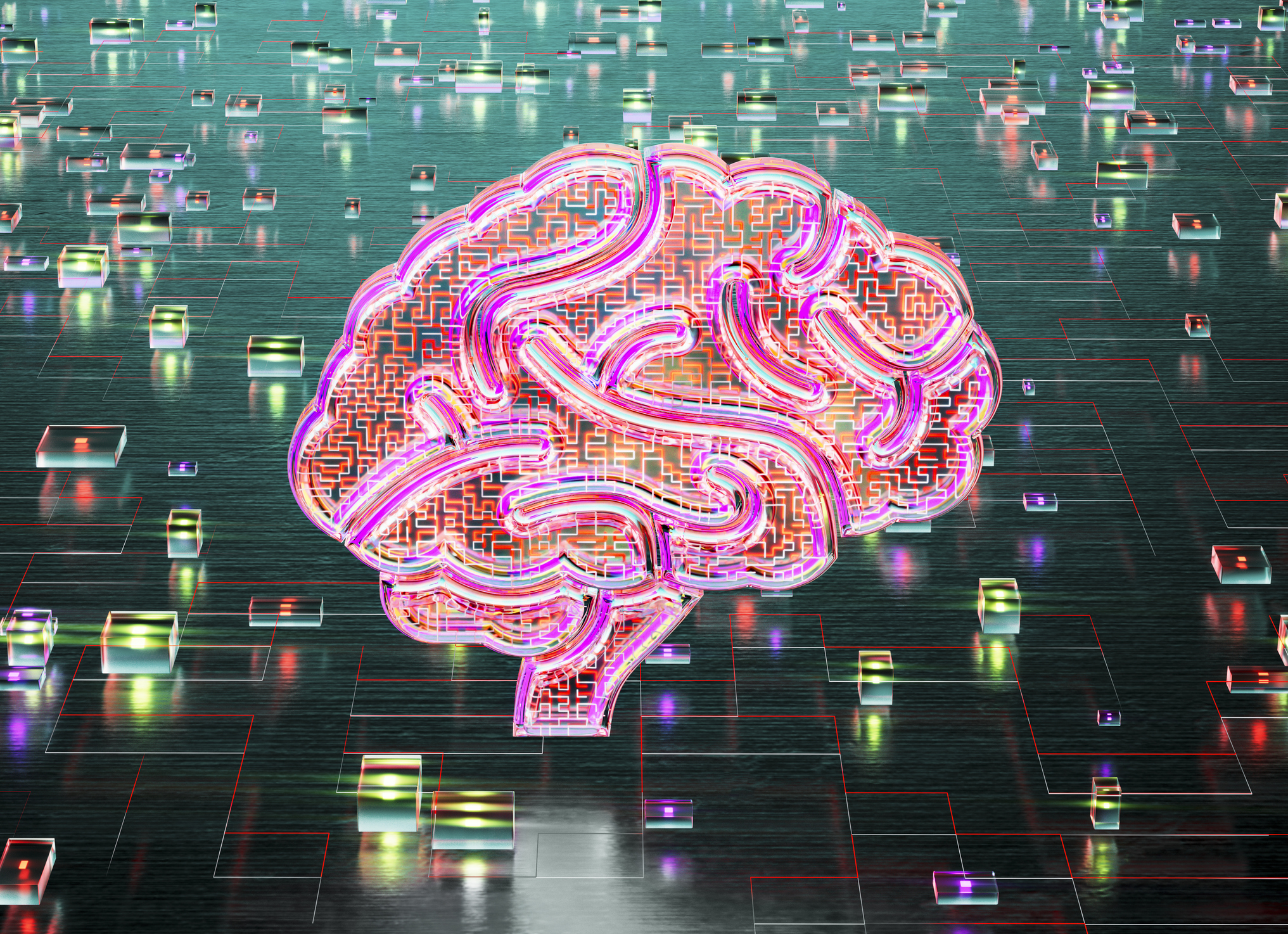
His answer, in the book, is a “containment program” working in 10 concentric layers.
This starts with development of the technology itself and moves out from there, potentially even using “choke points on the whole ecosystem” to buy time for regulators and defensive technologies”.
Suleyman is also a senior fellow at The Belfer Center for Science and International Affairs at the Harvard Kennedy School working on the geostrategic challenges of future AI systems, and a board member at The Economist.
Steve Ranger is an award-winning reporter and editor who writes about technology and business. Previously he was the editorial director at ZDNET and the editor of silicon.com.
-
 Bigger salaries, more burnout: Is the CISO role in crisis?
Bigger salaries, more burnout: Is the CISO role in crisis?In-depth CISOs are more stressed than ever before – but why is this and what can be done?
By Kate O'Flaherty Published
-
 Cheap cyber crime kits can be bought on the dark web for less than $25
Cheap cyber crime kits can be bought on the dark web for less than $25News Research from NordVPN shows phishing kits are now widely available on the dark web and via messaging apps like Telegram, and are often selling for less than $25.
By Emma Woollacott Published
-
 OpenAI woos UK government amid consultation on AI training and copyright
OpenAI woos UK government amid consultation on AI training and copyrightNews OpenAI is fighting back against the UK government's proposals on how to handle AI training and copyright.
By Emma Woollacott Published
-
 DeepSeek and Anthropic have a long way to go to catch ChatGPT: OpenAI's flagship chatbot is still far and away the most popular AI tool in offices globally
DeepSeek and Anthropic have a long way to go to catch ChatGPT: OpenAI's flagship chatbot is still far and away the most popular AI tool in offices globallyNews ChatGPT remains the most popular AI tool among office workers globally, research shows, despite a rising number of competitor options available to users.
By Ross Kelly Published
-
 Microsoft launches new security AI agents to help overworked cyber professionals
Microsoft launches new security AI agents to help overworked cyber professionalsNews Microsoft is expanding its Security Copilot service with new AI agents to help overworked IT teams deal with surging security threats.
By Bobby Hellard Published
-
 ‘DIY’ agent platforms are big tech’s latest gambit to drive AI adoption
‘DIY’ agent platforms are big tech’s latest gambit to drive AI adoptionAnalysis The rise of 'DIY' agentic AI development platforms could enable big tech providers to drive AI adoption rates.
By George Fitzmaurice Published
-
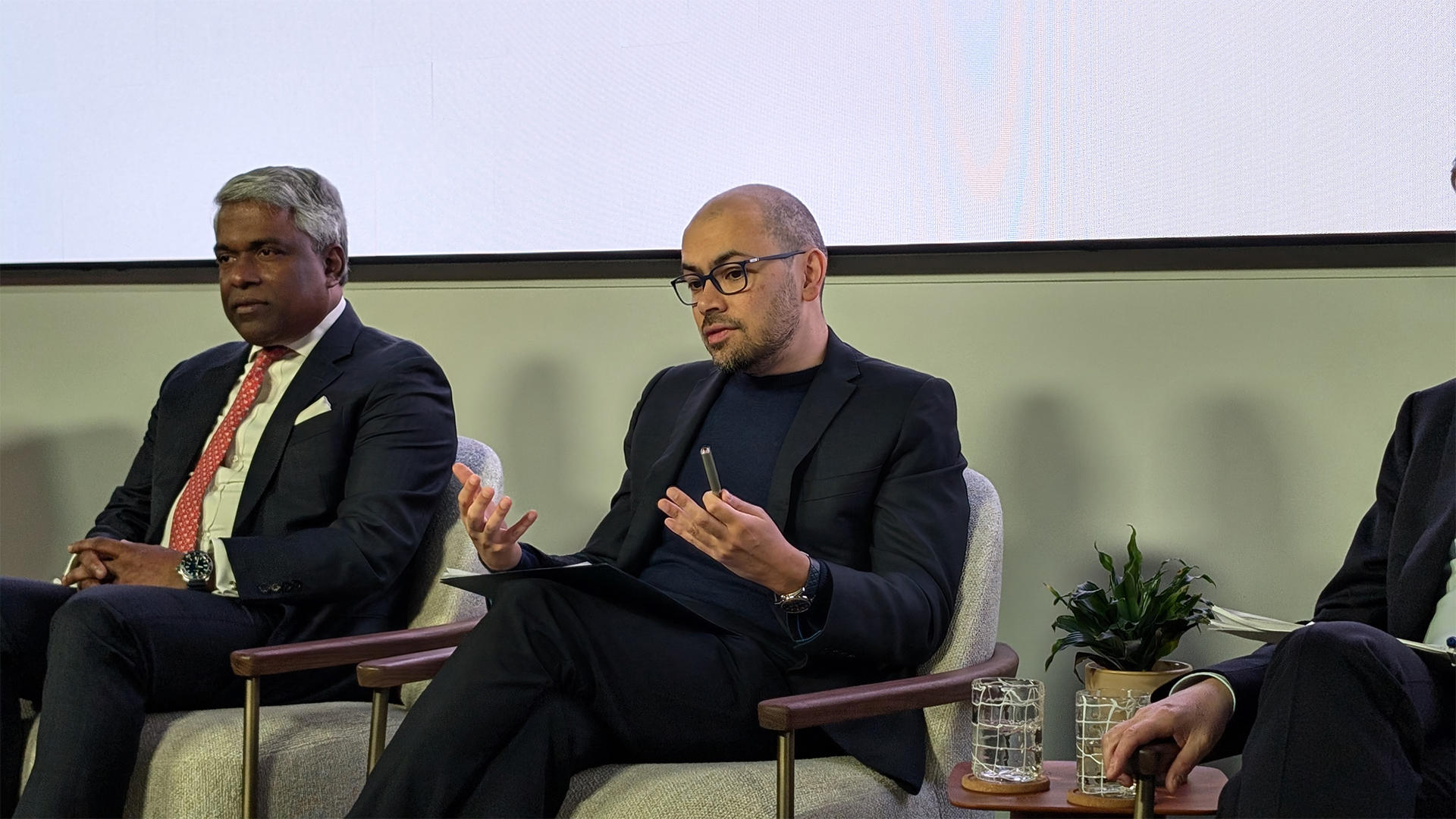 Google DeepMind’s Demis Hassabis says AI isn’t a ‘silver bullet’ – but within five to ten years its benefits will be undeniable
Google DeepMind’s Demis Hassabis says AI isn’t a ‘silver bullet’ – but within five to ten years its benefits will be undeniableNews Demis Hassabis, CEO at Google DeepMind and one of the UK’s most prominent voices on AI, says AI will bring exciting developments in the coming year.
By Rory Bathgate Published
-
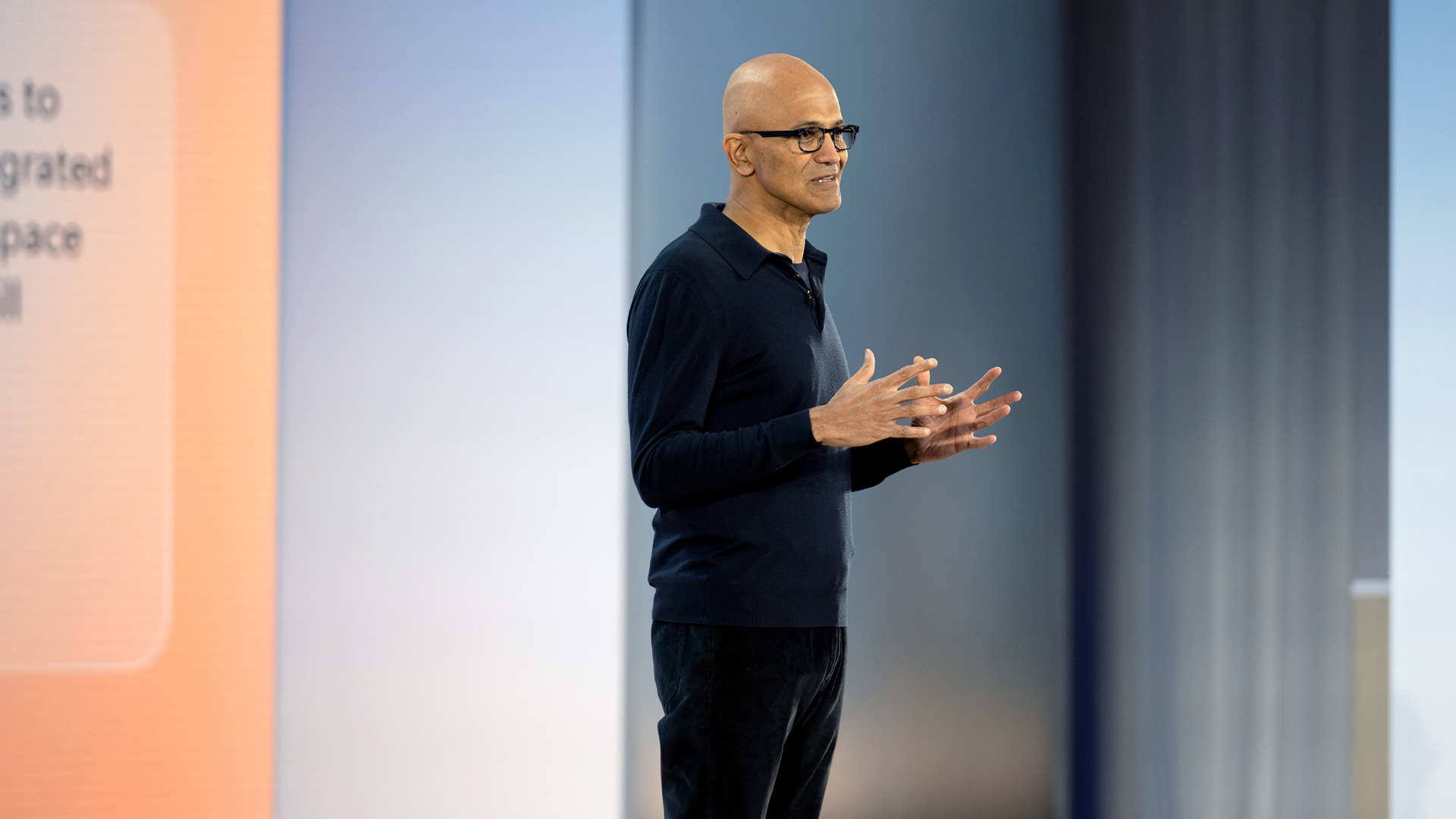 ‘The entire forecasting business process changed’: Microsoft CEO Satya Nadella says Excel changed the game for enterprises in 1985 – he’s confident AI tools will do the same
‘The entire forecasting business process changed’: Microsoft CEO Satya Nadella says Excel changed the game for enterprises in 1985 – he’s confident AI tools will do the sameNews The Microsoft CEO says we need to change how we measure the value of AI
By George Fitzmaurice Published
-
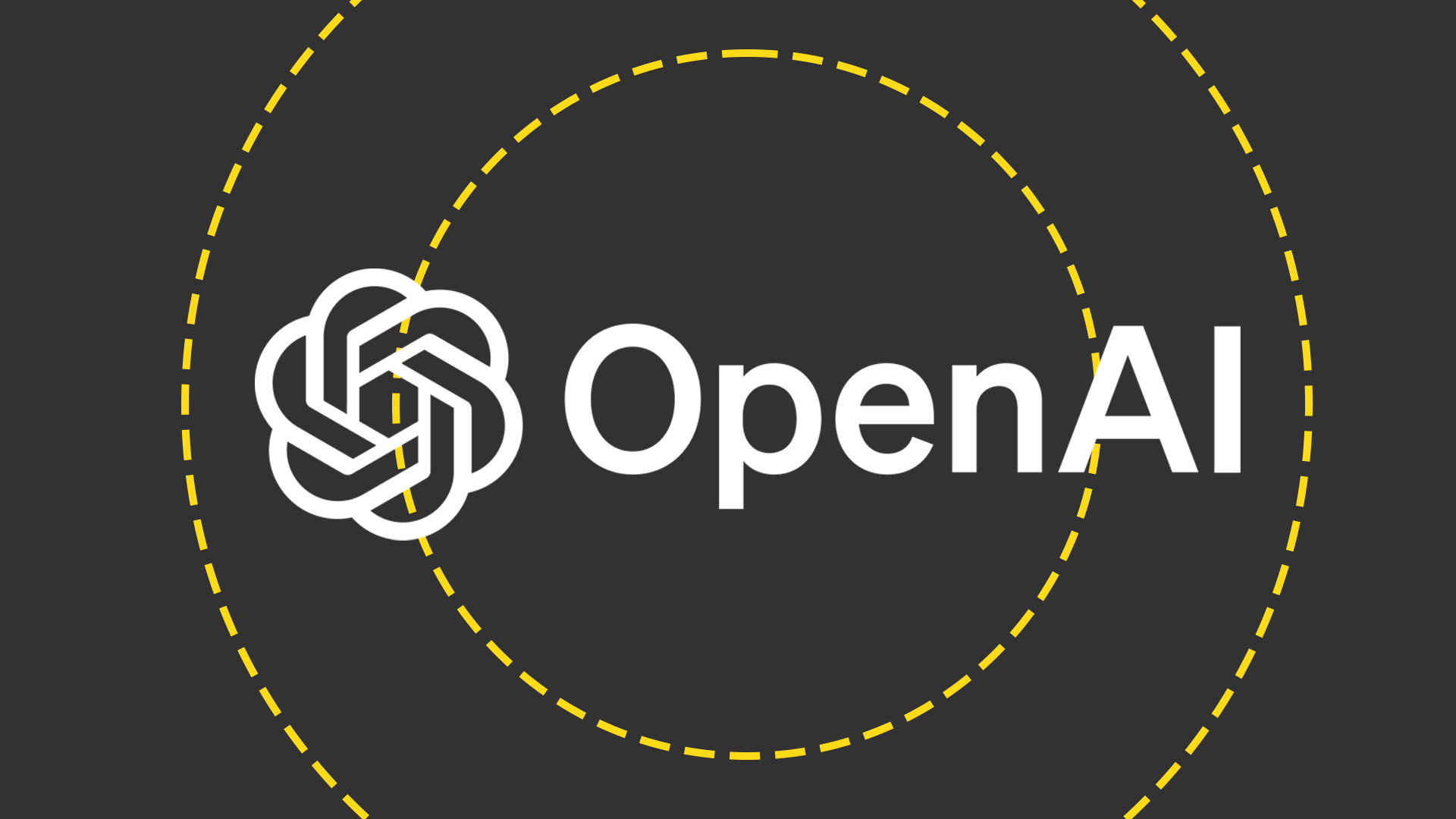 OpenAI wants to simplify how developers build AI agents
OpenAI wants to simplify how developers build AI agentsNews OpenAI is releasing a set of tools and APIs designed to simplify agentic AI development in enterprises, the firm has revealed.
By George Fitzmaurice Published
-
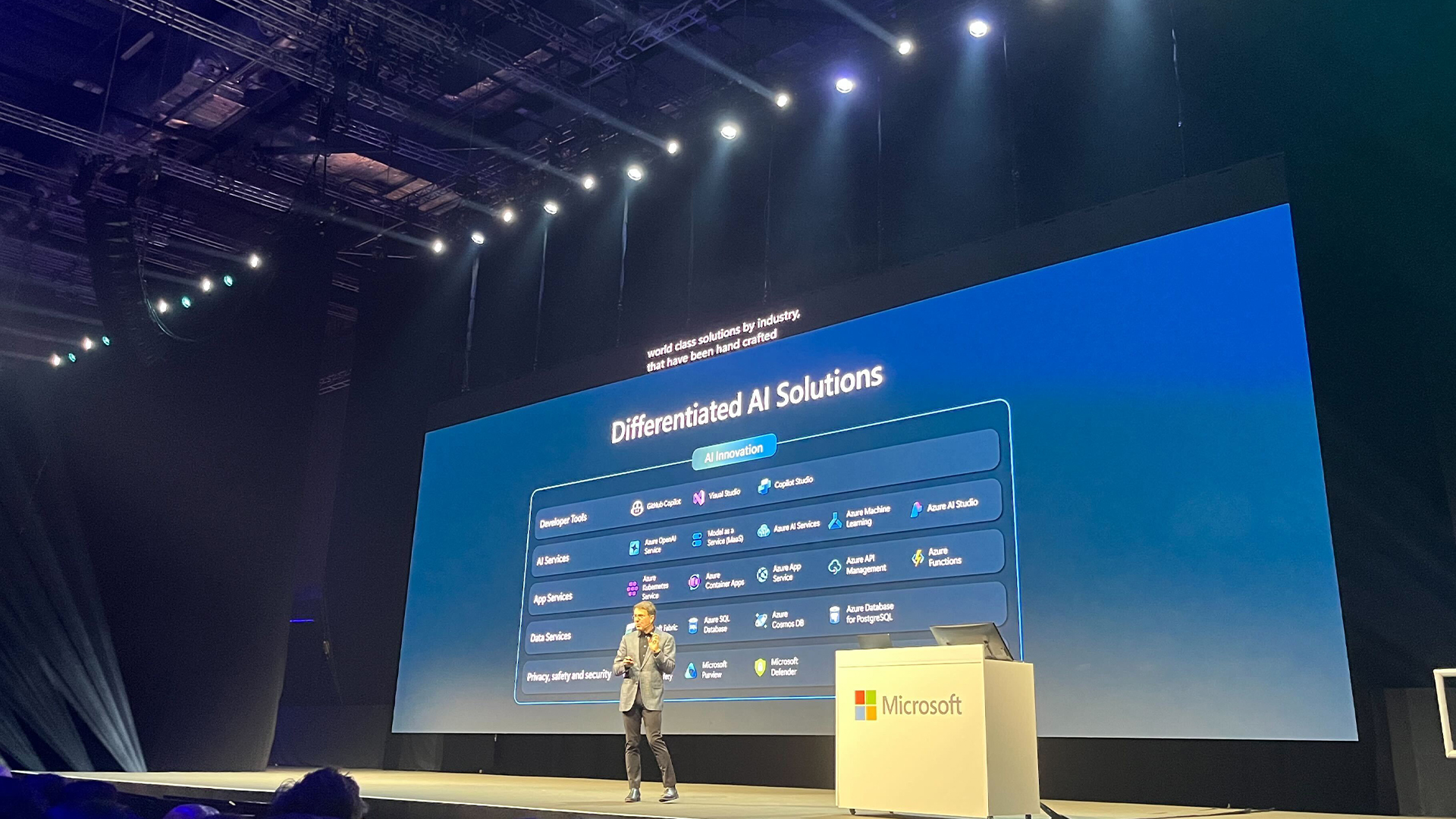 Microsoft exec touts benefits of AI productivity gains
Microsoft exec touts benefits of AI productivity gainsNews Microsoft CCO Judson Althoff said the company is unlocking significant efficiency gains from AI tools internally.
By George Fitzmaurice Published